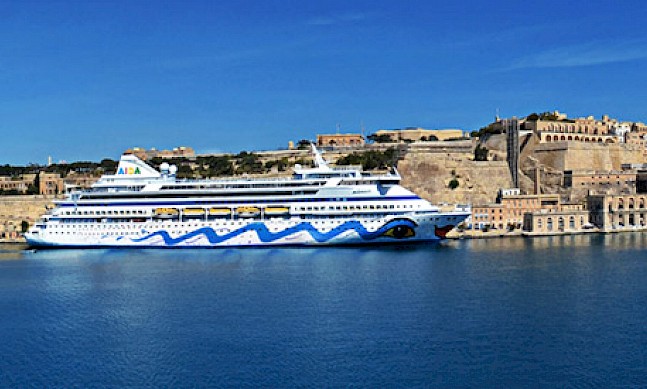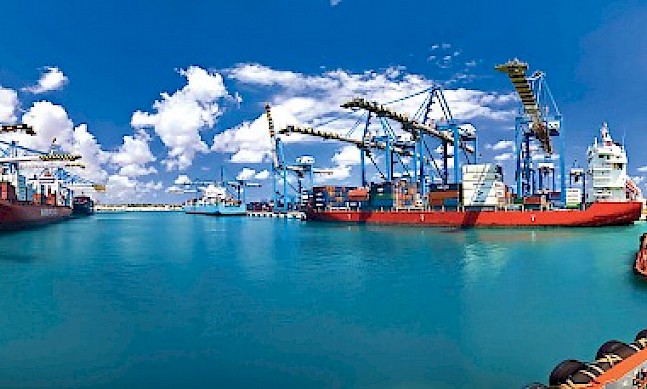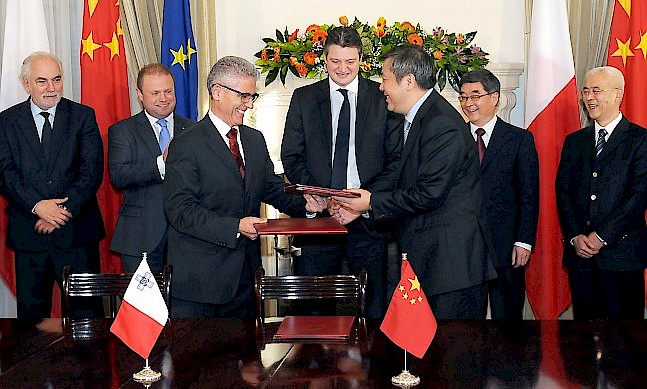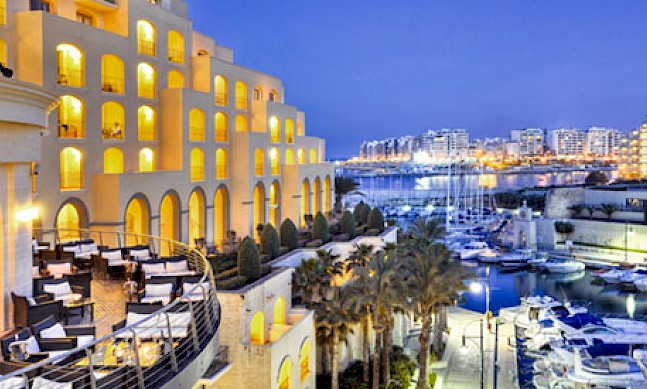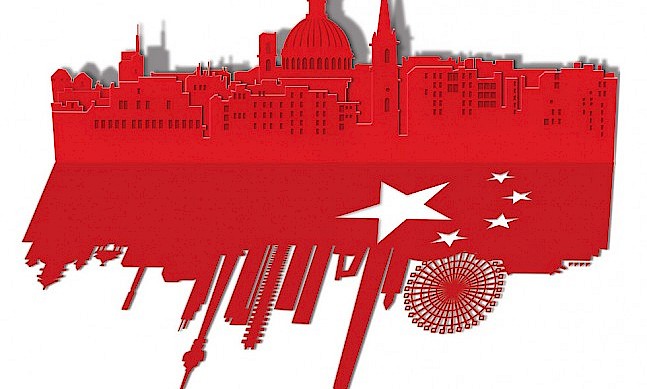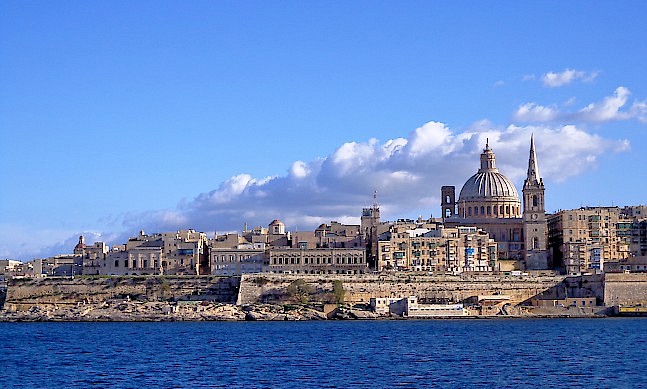Malta was the first EU member state to enact comprehensive legislation on remote gaming in 2004. It has since grown into one of the most tried and tested e-gaming jurisdictions in the world, staying at the leading edge of the industry’s rapid innovation.
In remote gaming, Malta plays for keeps. At the forefront of e-gaming in Europe for a decade, the island nation seeks no less than global leadership in the sector; and it’s anteing up to reach that goal.
“I want to invest more in IT and business intelligence, research and strengthening public relations and consultation processes,” Joseph Cuschieri, executive chairman of the Lotteries and Gaming Authority (LGA) of Malta, says. “I want Malta to be a role model in this sector.”
Gaming is already Malta’s most dynamic industry, accounting for more than 10 percent of GDP and employing at least 7,000 people. Some 400 remote gaming licenses have been issued to over 250 companies. Malta’s regulations, drafted in 2004 as the first comprehensive framework for e-gaming in an EU member state, remain a global standard for efficiency, fairness, transparency, player protection, and anti-money laundering provisions, as well as promoting responsible gaming.
Along with a trailblazing regulatory system, low taxes have helped make Malta a preferred destination for e-gaming businesses: the maximum gaming tax per license is capped at £385,000 per year. But Cuschieri believes low taxes alone aren’t enough to retain operators. “They stay in Malta for other reasons, like for example our skills base, sound regulatory environment, political stability, quality ICT infrastructure and educational system,” he says.
“The main vision is to create a digitally-enabled Malta which can use technology within all the sectors.”
Tony Sultana Chairman of Malta Information Technology Agency (MITA)
Post ThisPlaying partner
Cuschieri, who assumed his post last November, promises to invest in a new “business partnership” between LGA and gaming operators that specifies roles and obligations for each side and establishes an effective consultation mechanism between stakeholders and the regulator.
“It’s very important that we create the right environment for the industry to grow and innovate and that Malta remains a jurisdiction of repute whereby both operators and players feel safe and protected,” he says. “We need to make sure that we are responsive, proactive and address the needs of the industry and the rest of the stakeholders.”
Cuschieri is targeting Asian markets to spur Malta’s remote gaming growth: “I was recently in Macau attending an i-gaming convention and there I saw the huge opportunities,” he says, adding that it’s a market that LGA is looking at very seriously both for Asian companies to use Malta as a base and for Maltese operators to enter Asia. “I want to open up more to the bigger opportunities that exist globally.”
A key goal for LGA this year is facilitating diversification into social gaming and digital games of skill, with a variety of monetisation options. Don’t doubt Malta has the capacity to manage such a major innovation. LGA has overseen the privatisation of the national lottery under Maltco, a subsidiary of Intralot. “Within three years Malta went from being a small country with a very outdated lottery business to one of the more sophisticated lottery environments in the world,” Maltco CEO Ioannis Katakis says.
When it comes to innovation in gaming, bet on Malta.
Industry strategist
Tony Sultana is executive chairman of Malta Information Technology Agency (MITA), which provides support for the government’s efforts to keep Malta at the forefront of technology and promote its use among business, government and citizens. MITA helped formulate the Digital Malta strategy 2014-2020, acts as the government’s database and technology support centre, and encourages research and innovation in the sector. In education, MITA leads efforts to ensure workers are equipped with skills to match the needs of business.



